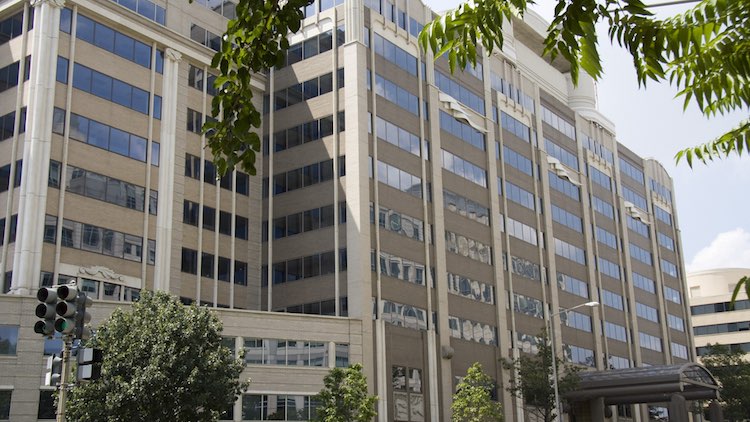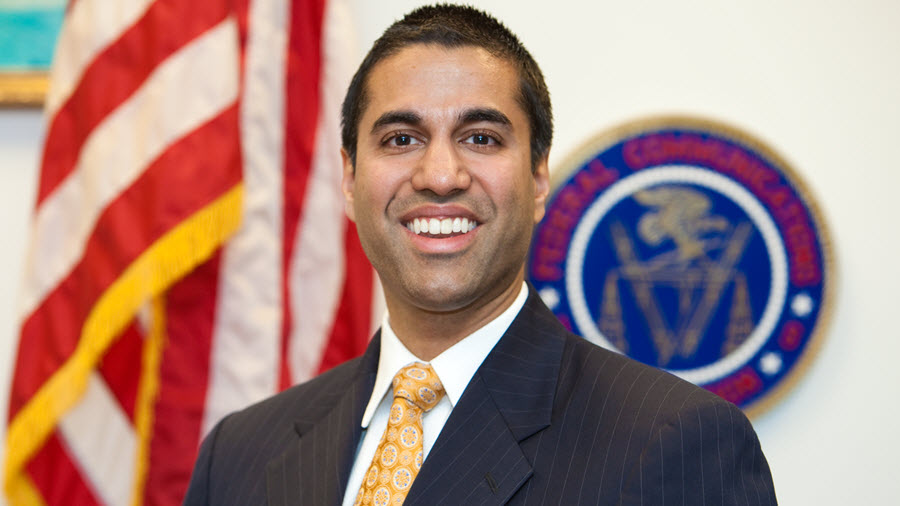FCC USF Fund Transfer Troubles Dems

The smarter way to stay on top of broadcasting and cable industry. Sign up below
You are now subscribed
Your newsletter sign-up was successful
The FCC has started moving billions in Universal Service Fund (USF) subsidies to the U.S. Treasury.

FCC chair Ajit Pai had signaled last fall that the move from a private bank was needed to "secure the integrity of the USF's funding source and avoid any unnecessary risks to the program."
The Government Accounting Office concluded the Treasury was the best place for the subsidies, which go to advancing telecommunications in hard-to-reach or uneconomical-to-reach areas," saying that the Universal Service Administrative Co. banking practices pose oversight and accountability risks.
While some Hill Dems were concerned that the move could mean the funds could be diverted for other uses, Pai said that he would never condone that.
Democratic Commissioner Jessica Rosenworcel tweeted her displeasure with the move.
[embed]https://twitter.com/JRosenworcel/status/991398808432054272[/embed]
The fund transfer was not sitting well with those Hill Dems, either.
The smarter way to stay on top of broadcasting and cable industry. Sign up below
Energy and Commerce Ranking Member Frank Pallone, Jr. (D-N.J.) and Rep. Peter Welch (D-Vt.) issued the following joint statement today after news that Pai directed the immediate transfer of the Universal Service Fund to the U.S. Treasury: “Earlier this year we asked the Government Accountability Office to assess what would happen if reports were true that Trump’s FCC planned to move the $8 billion a year Universal Service Fund. We were dismayed to learn from press reports that chairman Pai unilaterally pressed forward with this plan that will cost recipients tens of millions of dollars a year without the benefit of GAO’s further analysis, without telling his fellow commissioners, without input from the millions of Americans who depend on these funds, and without notifying Congress. Unfortunately, this action is just the latest evidence of chairman Pai’s casual disregard for the public’s input and determined avoidance of Congressional oversight.”
Contributing editor John Eggerton has been an editor and/or writer on media regulation, legislation and policy for over four decades, including covering the FCC, FTC, Congress, the major media trade associations, and the federal courts. In addition to Multichannel News and Broadcasting + Cable, his work has appeared in Radio World, TV Technology, TV Fax, This Week in Consumer Electronics, Variety and the Encyclopedia Britannica.

